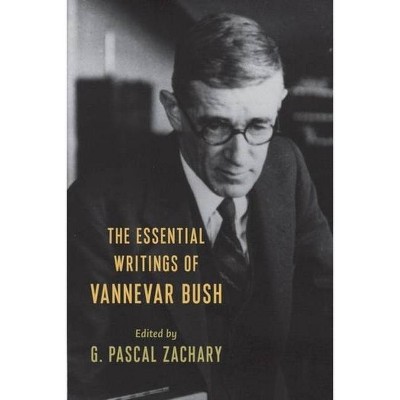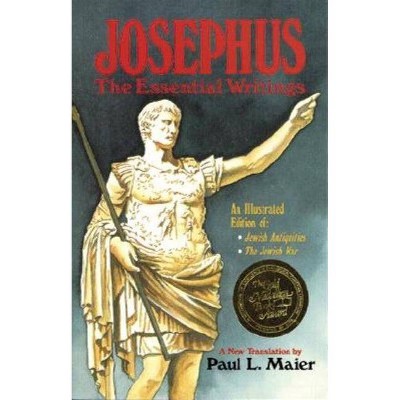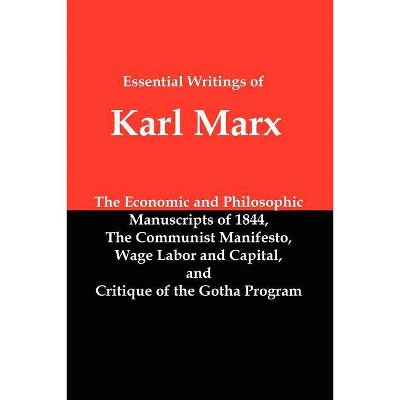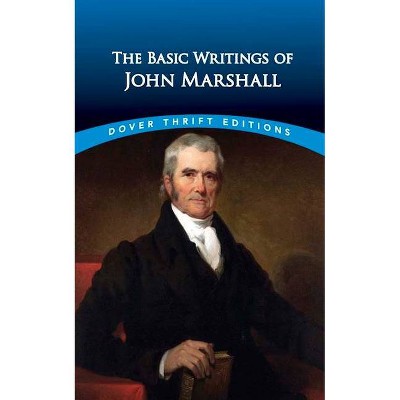The Essential Writings of Vannevar Bush - (Hardcover)

Similar Products
Products of same category from the store
AllProduct info
<p/><br></br><p><b> About the Book </b></p></br></br>"The influence of Vannevar Bush on the history and institutions of twentieth-century American science and technology is staggeringly vast. As a leading figure in the creation of the National Science Foundation, the organizer of the Manhattan Project, and an adviser to Presidents Roosevelt and Truman during and after World War II, he played an indispensable role in the mobilization of scientific innovation for a changing world. A polymath, Bush was a cofounder of Raytheon, a pioneer of computing technology, and a visionary who foresaw the personal computer and might have coined the term "web." Edited by Bush's biographer, G. Pascal Zachary, this collection presents more than fifty of Bush's most important works across four decades. His subjects are as varied as his professional pursuits. Here are his thoughts on the management of innovation, the politics of science, research and national security, technology in public life, and the relationship of scientific advancement to human flourishing. It includes his landmark introduction to Science, the Endless Frontier, the blueprint for how government should support research and development, and much more. The works are as illuminating as they are prescient, from considerations of civil-military relations and the perils of the nuclear arms race to future encyclopedias and information overload, the Apollo program, and computing and consciousness. Together, these pieces reveal Bush as a major figure in the history of science, computerization, and technological development and a prophet of the information age"--<p/><br></br><p><b> Book Synopsis </b></p></br></br>The influence of Vannevar Bush on the history and institutions of twentieth-century American science and technology is staggeringly vast. As a leading figure in the creation of the National Science Foundation, the organizer of the Manhattan Project, and an adviser to Presidents Roosevelt and Truman during and after World War II, he played an indispensable role in the mobilization of scientific innovation for a changing world. A polymath, Bush was a cofounder of Raytheon, a pioneer of computing technology, and a visionary who foresaw the personal computer and might have coined the term "web." <p/>Edited by Bush's biographer, G. Pascal Zachary, this collection presents more than fifty of Bush's most important works across four decades. His subjects are as varied as his professional pursuits. Here are his thoughts on the management of innovation, the politics of science, research and national security, technology in public life, and the relationship of scientific advancement to human flourishing. It includes his landmark introduction to <i>Science, the Endless Frontier</i>, the blueprint for how government should support research and development, and much more. The works are as illuminating as they are prescient, from considerations of civil-military relations and the perils of the nuclear arms race to future encyclopedias and information overload, the Apollo program, and computing and consciousness. Together, these pieces reveal Bush as a major figure in the history of science, computerization, and technological development and a prophet of the information age.<p/><br></br><p><b> Review Quotes </b></p></br></br><br>These expertly selected writings by Vannevar Bush present the key ideas of America's most influential public intellectual from the 1930s to the 1950s. They reveal engagement with a host of issues, ranging from the importance of funding basic science to the future of computing. Many of Bush's ideas have a timeless quality and remain policy-relevant in our postindustrial society.--David Emanuel Andersson, coauthor of <i>Time, Space and Capital</i><br><p/><br></br><p><b> About the Author </b></p></br></br>G. Pascal Zachary is a professor of practice in the Consortium for Science, Policy, and Outcomes and the Walter Cronkite School of Journalism and Mass Communication at Arizona State University. His many books include <i>The Endless Frontier: Vannevar Bush, Engineer of the American Century</i> (1997), and he was a longtime writer for the <i>Wall Street Journal</i>.
Price History
Price Archive shows prices from various stores, lets you see history and find the cheapest. There is no actual sale on the website. For all support, inquiry and suggestion messagescommunication@pricearchive.us




















